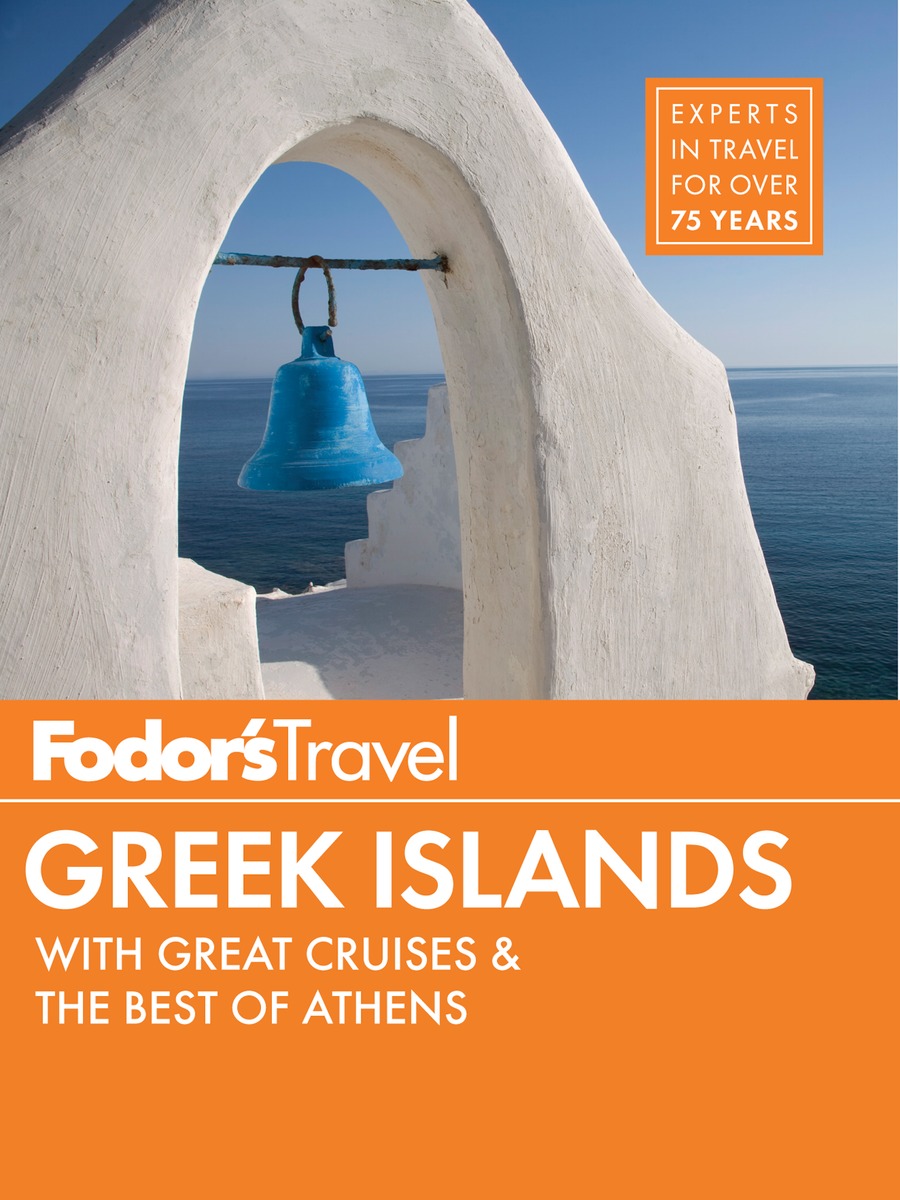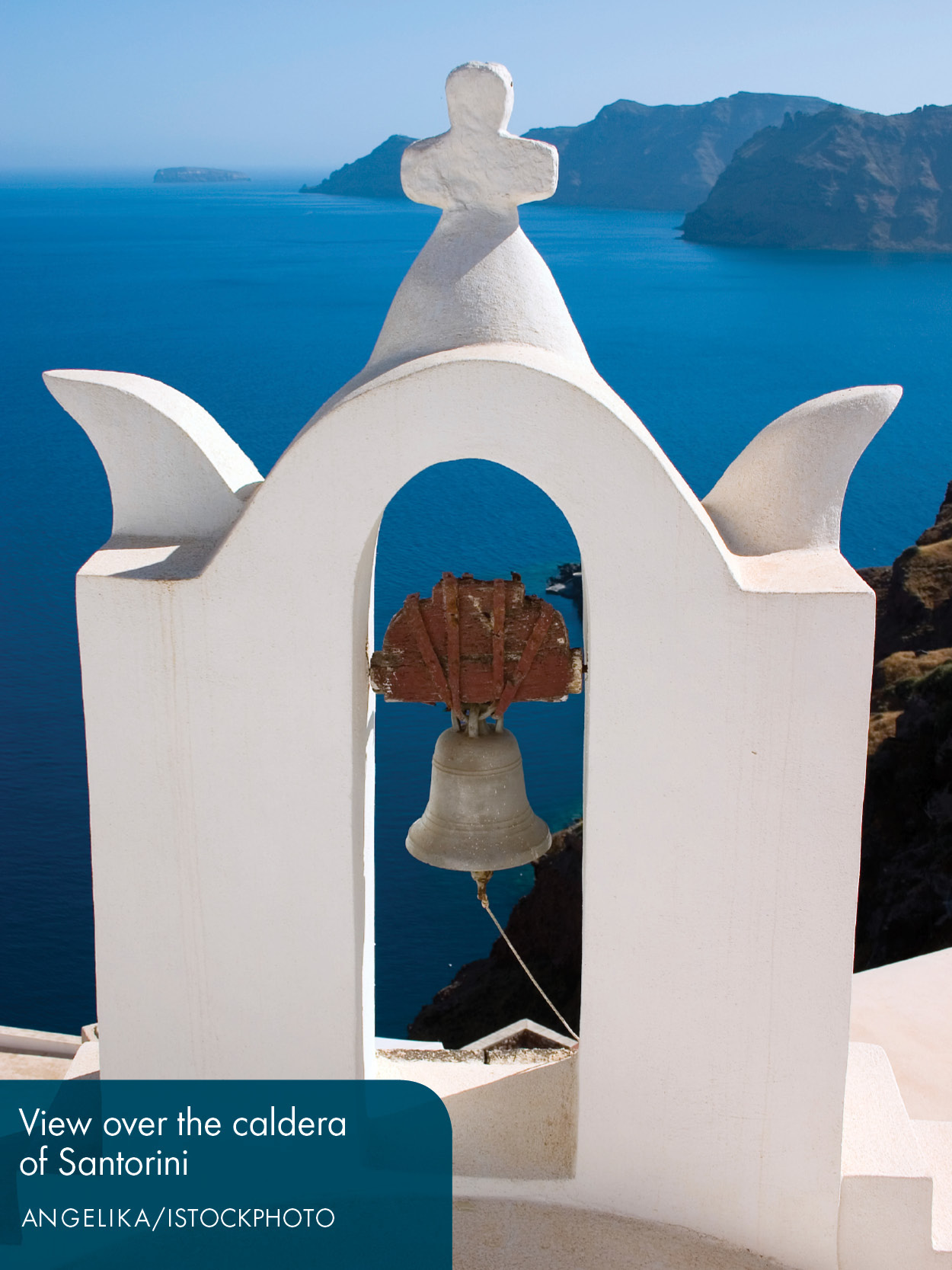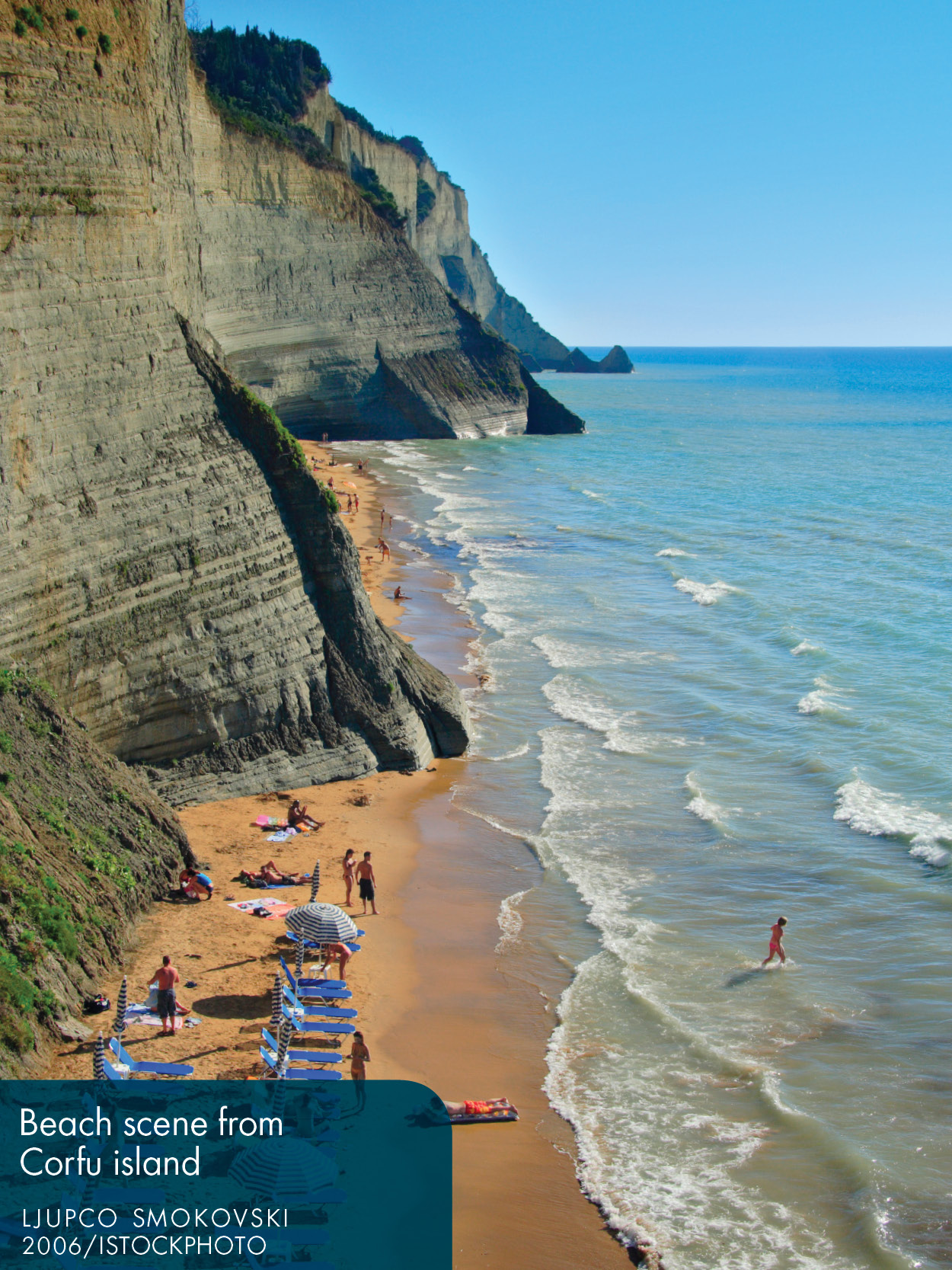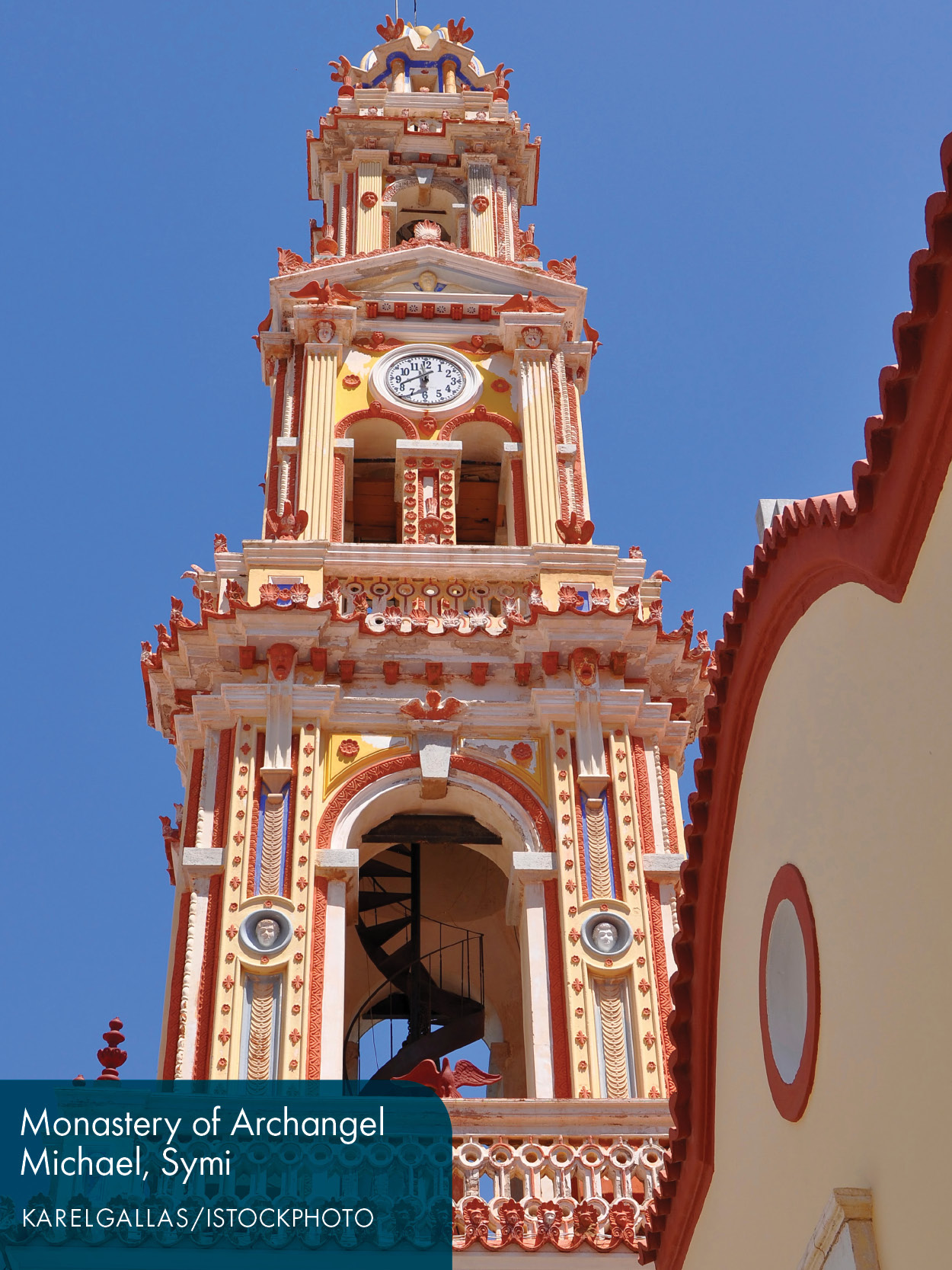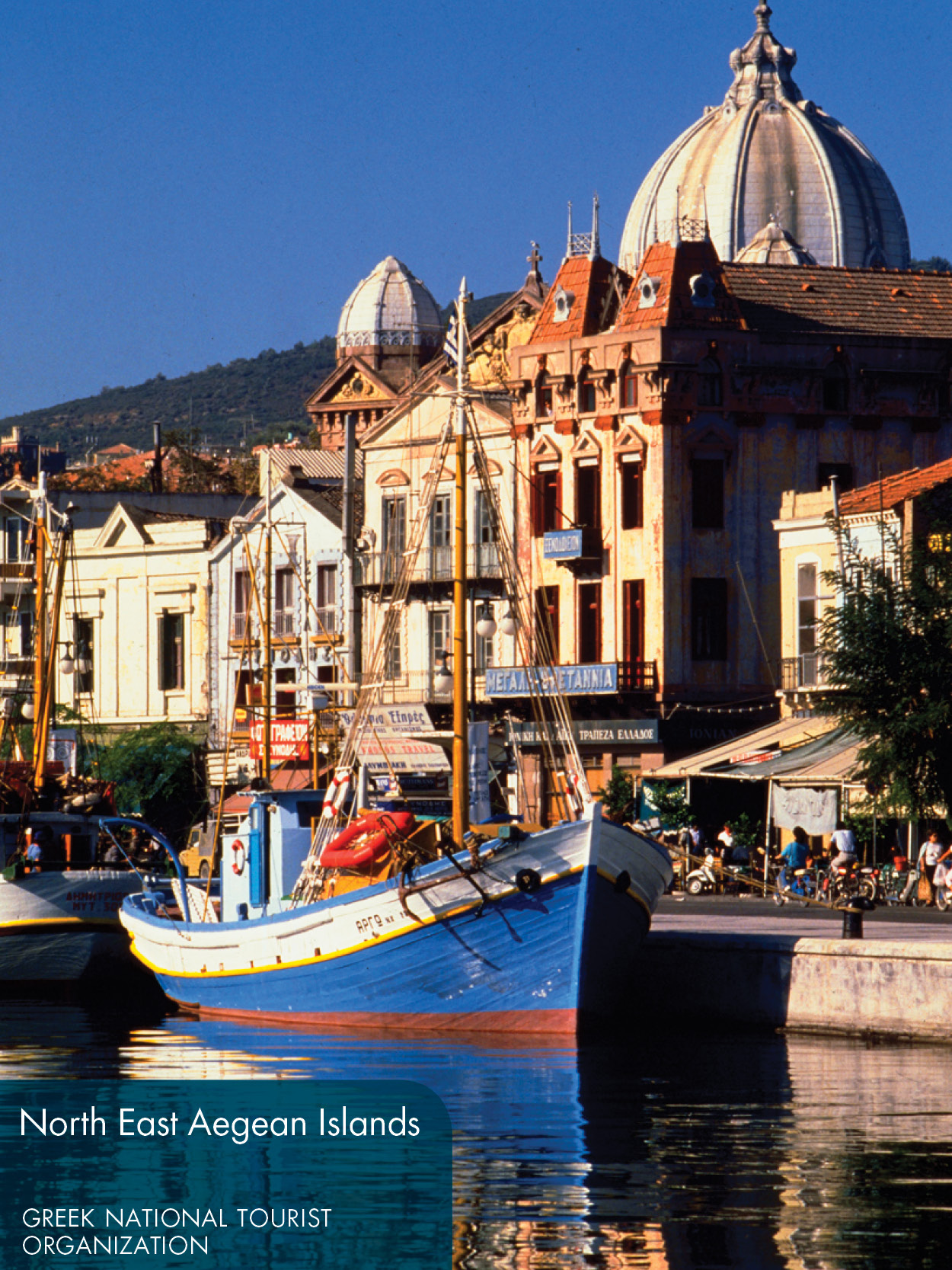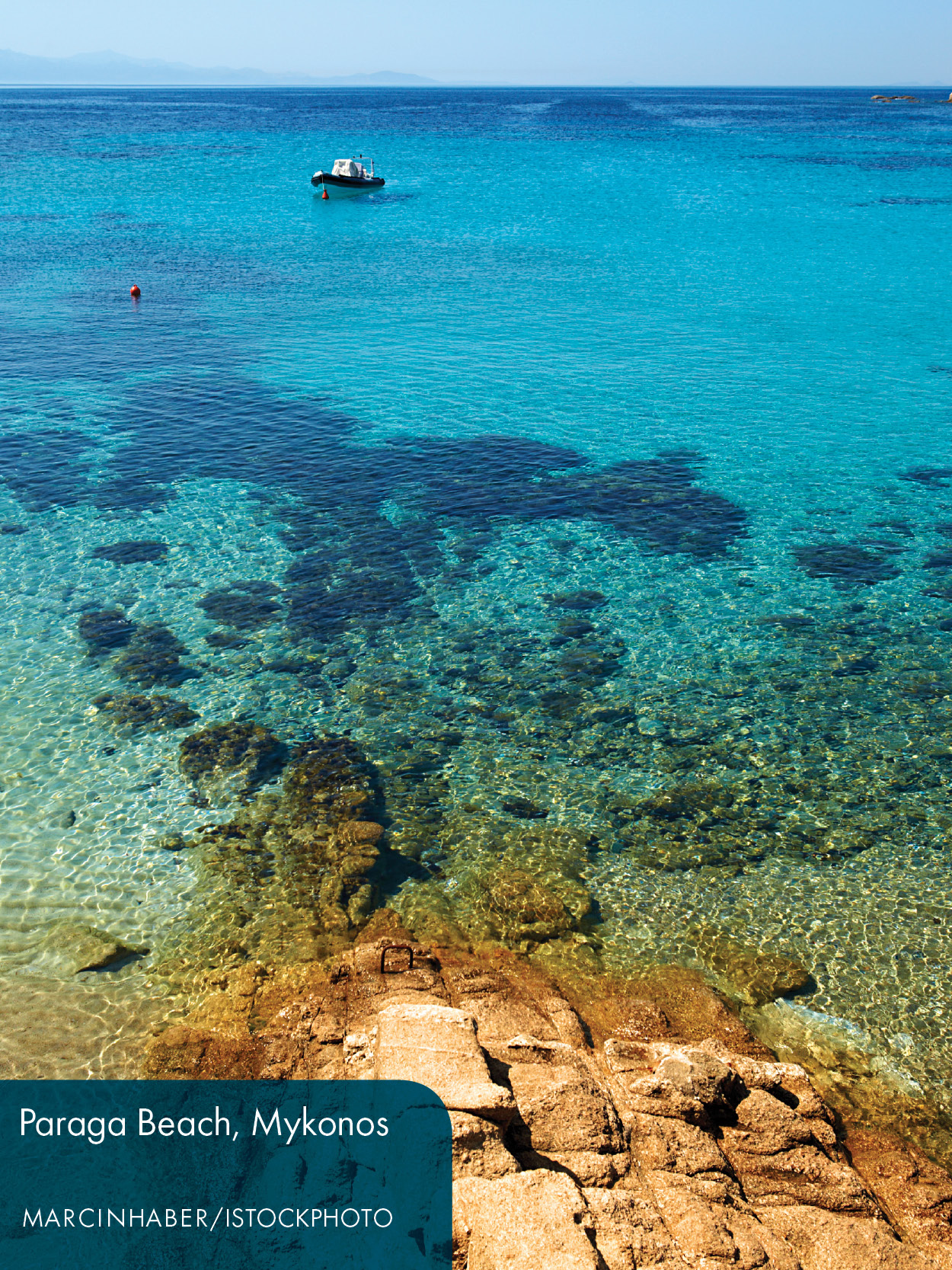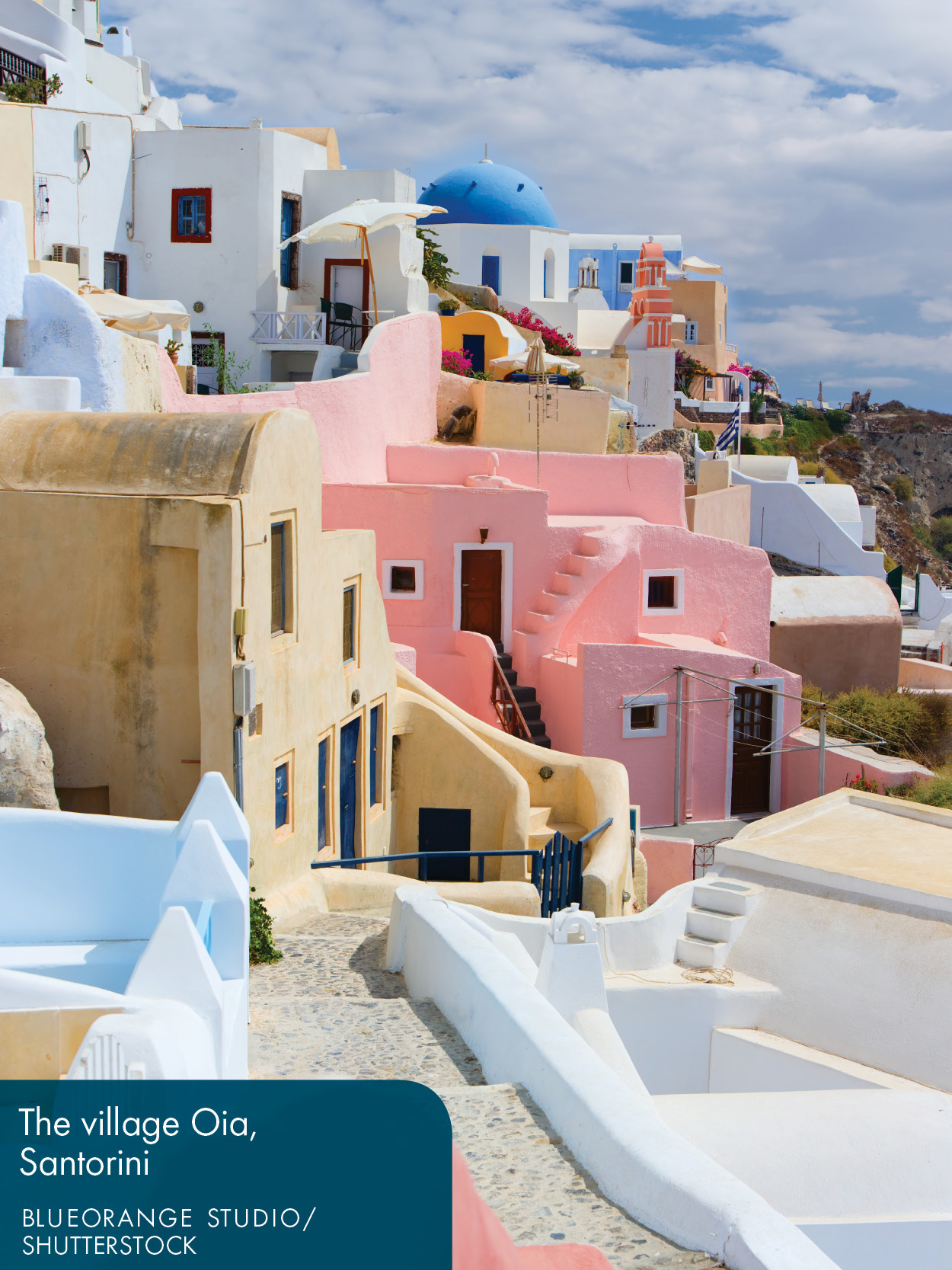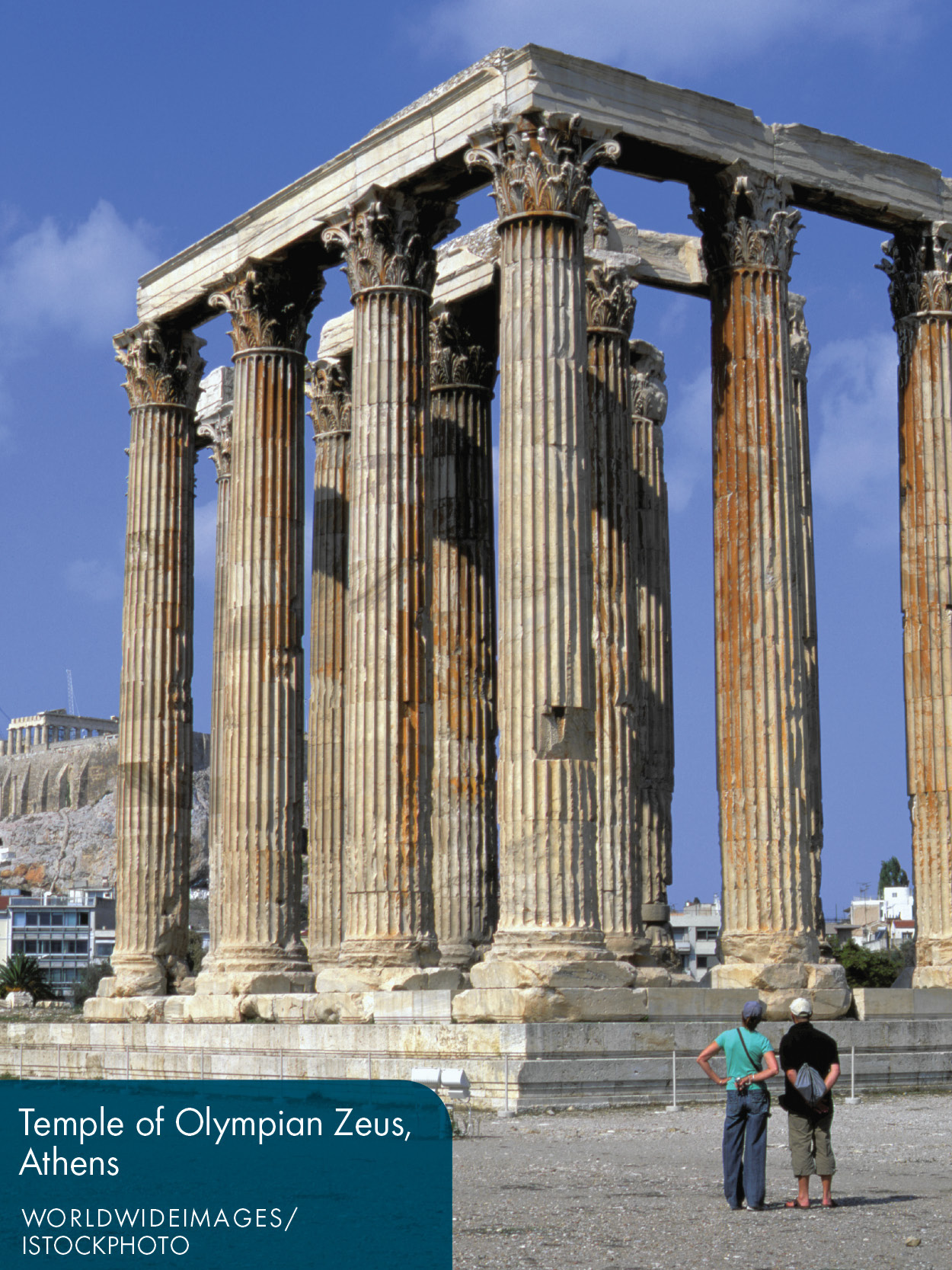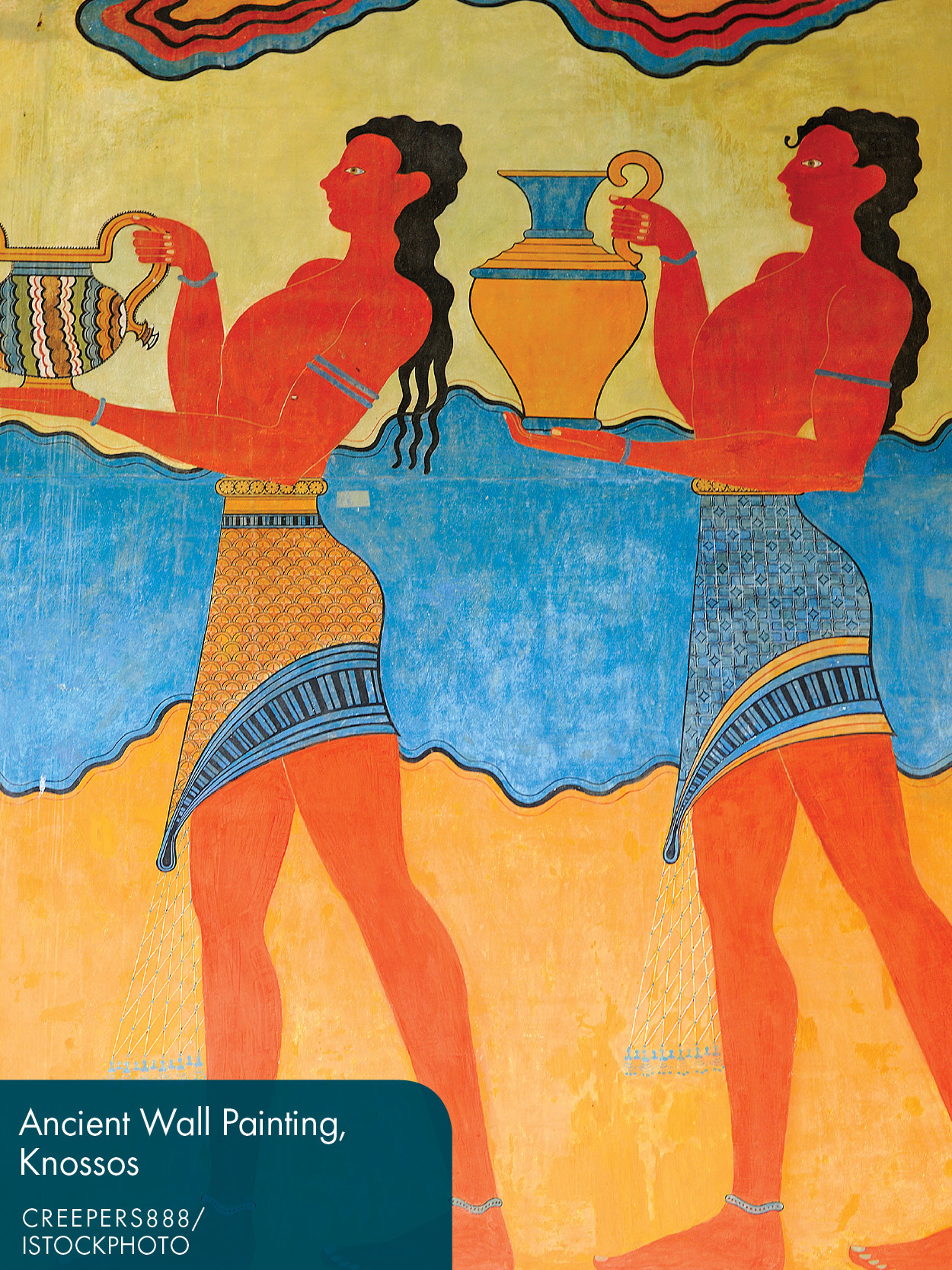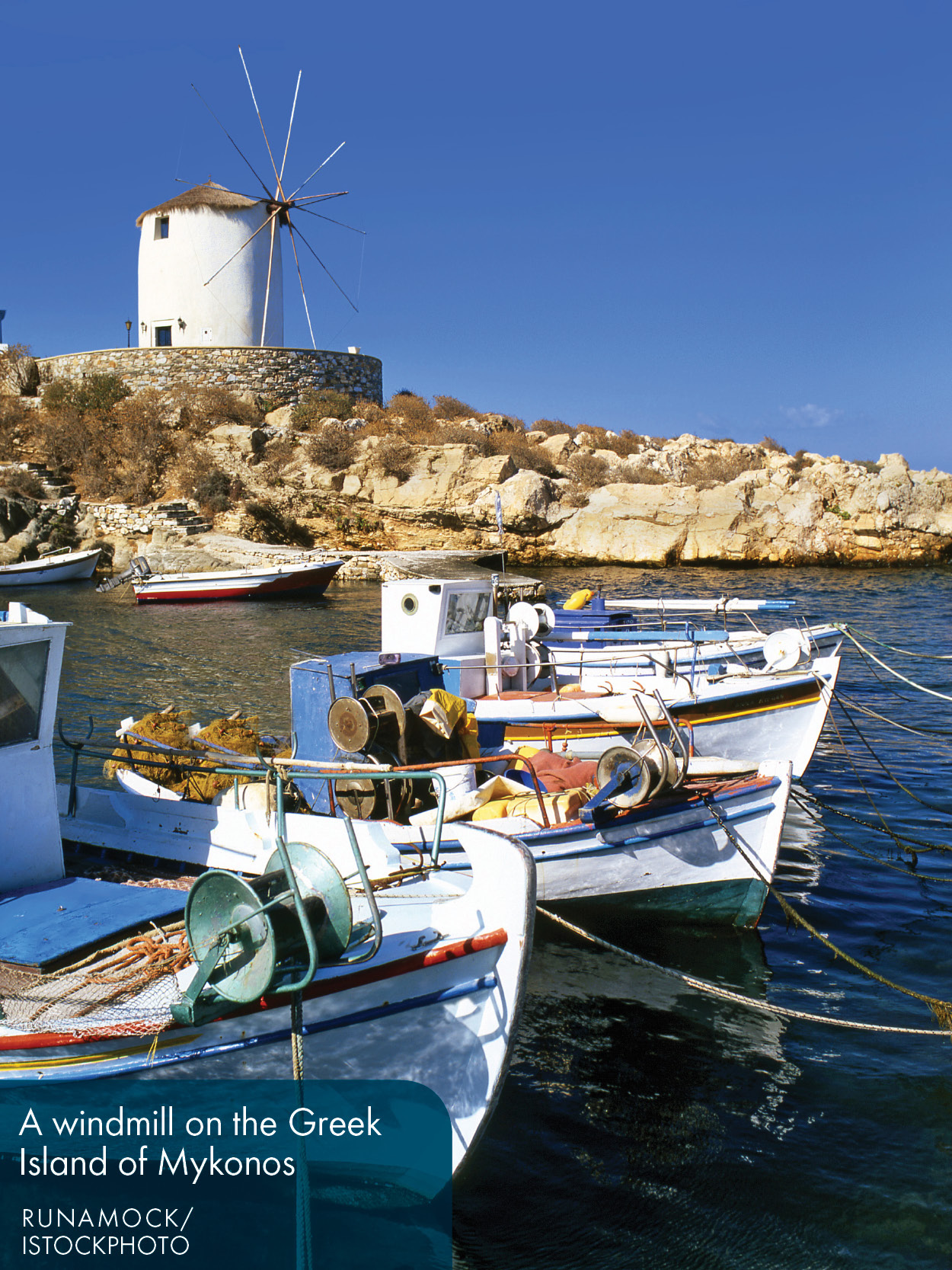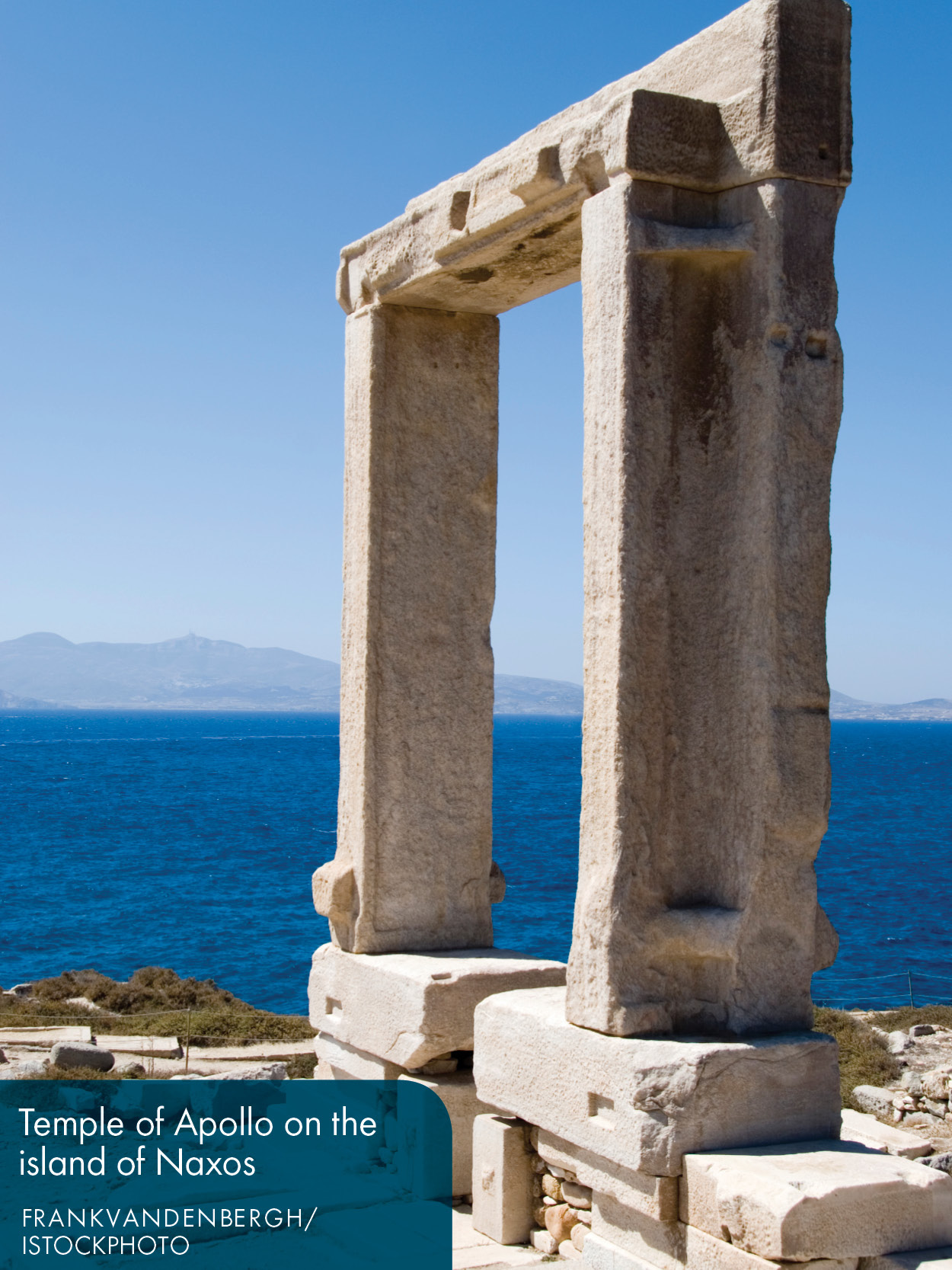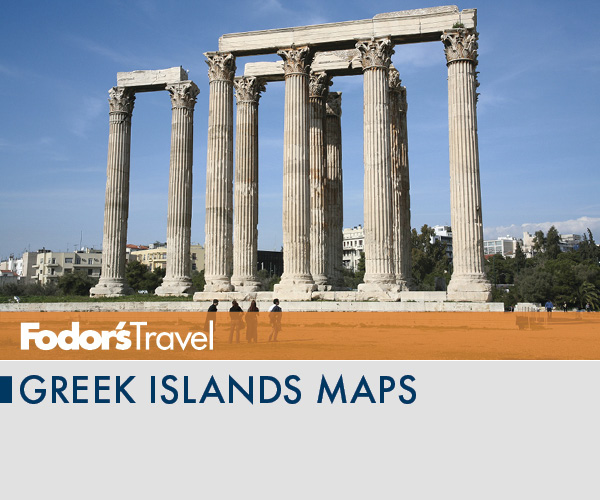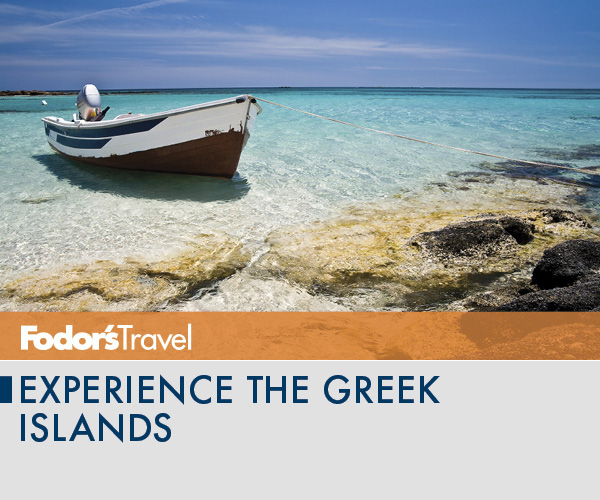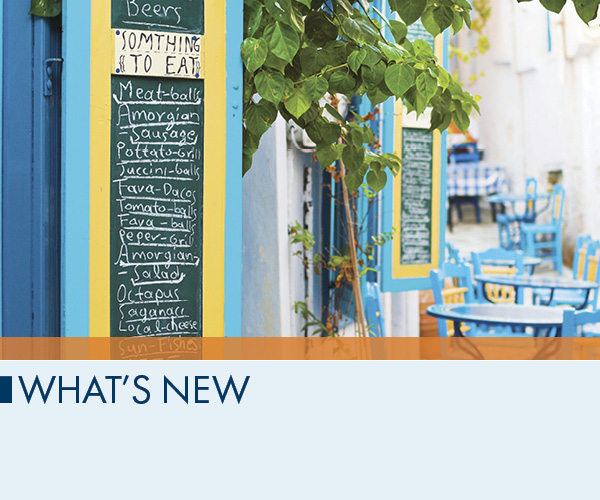Responding to Crisis
It doesnt take someone with a job on the Athens Stock Exchange to tell you that times are tough in the cradle of democracybut dont be spooked by the headlines. The Acropolis isnt for sale, and all the natural beauty and updated tourism and cultural sites are still open. Life goes onin colorful Greek stylebut the countrys changing finances have brought other changes to Greek society.
Greece became synonymous with the words economic crisis when its public debt topped 350 billion. The dire situation caused by overspending on infrastructure, services, and public-sector wages worsened further thanks to rampant tax dodging. Although the roots of the countrys financial crisis were decades in the making, the response by the financial markets was not. Large financial institutions were suddenly reluctant to invest further in Greece until the country got its financial house in better order. As a result, the countrys borrowing costs skyrocketed, and by 2010, Greece found itself in need of a bailout.
The European Union, International Monetary Fund and European Central Bankcollectively known as the troikaagreed to help Greece in its hour of need, but this financial rescue came with significant strings attached. While Greece was offered huge loans to bridge its budgetary chasm, EU authorities required the country to implement stringent austerity measures to cut down on government spending. The Greeks did not like these measures at all and showed their frustration. Protests, strikes, and even some violent riots, hit the capital as the government slashed pay and benefits for state employees, reduced incomes, and raised taxes. Unemployment soared, and hundreds of thousands working in the private sector didnt see paychecks for months at a time.
In response to the uncertain economic and social climate, Greek leadership changed hands. In 2012, Andreas Papandreous Panhellenic Socialist Movement (PASOK) collapsed. Antonis Samaras, the president of New Democracy, became the new prime minister. Unexpectedly, a new, controversial far-right political party, Golden Dawn, gained seats in parliament. Golden Dawns members had been accused of violent attacks against immigrants and are said to follow neo-Nazi philosophies. But the situation is not entirely grim.
Family and Forward Thinking
While the bleak economy and high unemployment have meant that some Greeks have left their homeland for better opportunities abroad, a strong sense of family has allowed others to weather this storm. Families worked together to provide childcare and help to their elders. With less income, trips abroad became a dream. Nevertheless, for Greeks, summer vacations are considered a birthright so in tough times many tap their family networks to head out to a cousins cottage by the sea. Greeks are strongly connected to their roots and enjoy spending holidays at traditional village homes, away from the city.
In fact, many Greeks began to look at their villages in a new way. They have learned that local agricultural products, which provide cheap, healthy, and delicious sustenance for Greeks at home, can also be marketed with success abroad. While Greece remains the worlds top olive oil consumer, they have fallen behind competing producers, Spain and Italy. Instead of packaging their oil in bulk, producers have begun to bottle and market their quality extra virgin olive oil abroad for the first time. This move has spurred new entrepreneurship in one of the oldest and largest agriculture markets of the country.
Starting Up
Greece has always shown strong entrepreneurship, but the country has remained mostly unproductive and associated with corruption. Although most ventures still follow the failed principles of the past, there are a few high-impact start-ups that have succeeded, and these have had an impact on tourism.
Mobile apps like TaxiBeat, Bug Sense, and Pinnatta and high-tech companies like Workable are setting a high bar. Meanwhile, the eco-minded furniture company Coco-Mat and successful cosmetics companies like Apivita and Korres continue to establish their worldwide presence, setting the bar for success. Agribusiness and tourism, Greeces most promising sectors, continue to move forward with companies like Fage, Mastiha Shop, and Hotelbrain.
A Bright Light for Tourism?
Despite the vast political, social, and economic upheaval, Greeks remain optimistic by nature and remain hospitable hosts. No matter what challenges they face as a country, theyre a proud, warm-hearted, and outgoing people that continue to be as welcoming as ever. One-fifth of the population of Greece works in tourism, and more than 18 million tourists visit Greece annually. Greeks are moving forward with innovative ideas to showcase the countrys beautiful landscape and islands.
The Annual Spetses Mini-Marathon has gathered a considerable following since it started in 2010, and other islands have begun to offer sporting events, spurning new waves of island sport tourism. And in 2014, after years of unveiledthen failedplans for a seaplane network between the islands, Hellenic Seaplanes plans for service to begin by early 2015. These flights will not only bring tourists to the islands but also connect communities. The company hopes to provide service to more than 100 islands, many of which have no airport.


